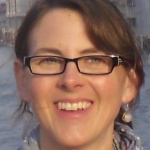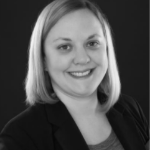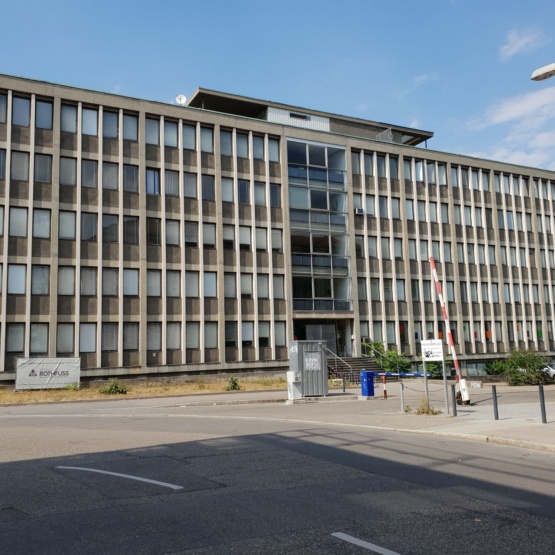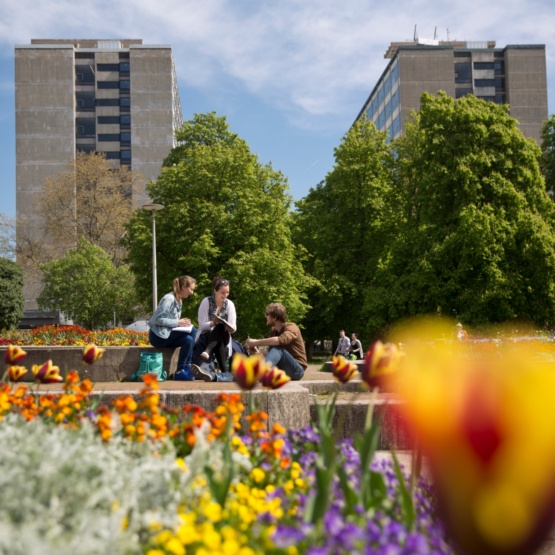English as a Medium of Instruction (EMI) & Lehrwerkstatt
The ability to teach in English is an indispensable skill in the academic marketplace. In this program, EMI Navigator, university instructors will learn methods for lecturing competently in English while considering how to establish clear standards that take cultural differences into account. This program is not meant to interfere with your teaching methods. On the contrary, we will work together to adapt your teaching materials for an English-speaking international audience. You bring the subject knowledge, and we provide the language and intercultural competence so that you and your students can have the best possible communication.
Our program - EMI Navigator | Helping you do your best teaching in English - supports you as you adapt your teaching content into English:
Please feel free to contact me, Gretchen Chojnacki-Herbers, if you have any questions, or visit us on our ILIAS page: EMI Navigator
Translation Workshops
Translation workshop offerings and further information can be found here:
Registration via ILIAS:
Übersetzungen (DE) | Translations (EN) - TELL-US | Texts in English Language Library at the University of Stuttgart
Lehrwerkstatt Workshops
You find the workshop offerings of the Lehrwerkstatt below:
Registration via ILIAS:
Workshops for PhD Students, Post-Docs, and Researchers
Presentation and Thesis Defense in an Academic Setting – How to Deliver Content Smoothly and not be Lost for Words (in-presence)
Presenting your research and defending your thesis is an art and a unique opportunity to highlight your achievements and get into dialogue with the academic community. In this one-day workshop you will hone your presentation, public speaking and communication skills and generate ideas on how to develop an appealing research story that engages your audience.
Registration: Workshops for Ph.D. Students, Post-Docs, and Researchers
Technical and Academic Writing Skills for PhD Students, Post-Docs, and Researchers (digital workshop)
Research writing in English is an indispensable skill in today’s international academic environment. Scholars must be able to write effectively for journal publications and conferences. This workshop will identify the main problem areas non-native speakers have when writing academic English and provide tips on how to improve. In this two-day workshop, the participants will sharpen their academic writing skills in English with a particular focus on the learning objectives below to improve non-native speakers’ common problem areas.
Registration: Workshops for Ph.D. Students, Post-Docs, and Researchers
Accent Reduction and Voice Training in English - Workshop for PhD Students, Post-Docs, and Researchers
Develop and enhance your English pronunciation skills for a variety of professional academic contexts.
Do you feel you have a foreign accent when you speak English, one that possibly detracts from your professional image when delivering presentations, participating in meetings, and teaching in English? Would you be interested in fine-tuning your accent so that it matches your high level of English? If so, this workshop offers an opportunity for Ph.D. students, post-docs and lecturers to polish their pronunciation.
Technical and Academic Writing Skills for PhD Students, Post-Docs, and Researchers (digital workshop)
Research writing in English is an indispensable skill in today’s international academic environment. Scholars must be able to write effectively for journal publications and conferences. This workshop will identify the main problem areas non-native speakers have when writing academic English and provide tips on how to improve. In this two-day workshop, the participants will sharpen their academic writing skills in English with a particular focus on the learning objectives below to improve non-native speakers’ common problem areas.
Anmeldung: Workshops for Ph.D. Students, Post-Docs, and Researchers

Gretchen Chojnacki-Herbers, M.A.
Academic employee (Teaching in English)
Coordinator for Arabic, Norwegian, Russian, Swedish

Lucy Blaney-Laible
Dr.Head of the Language Center
Portuguese/Spanish Language Coordinator

Daniel Schäuffele, M.A.
Academic employee
Coordinator Writing Center English






